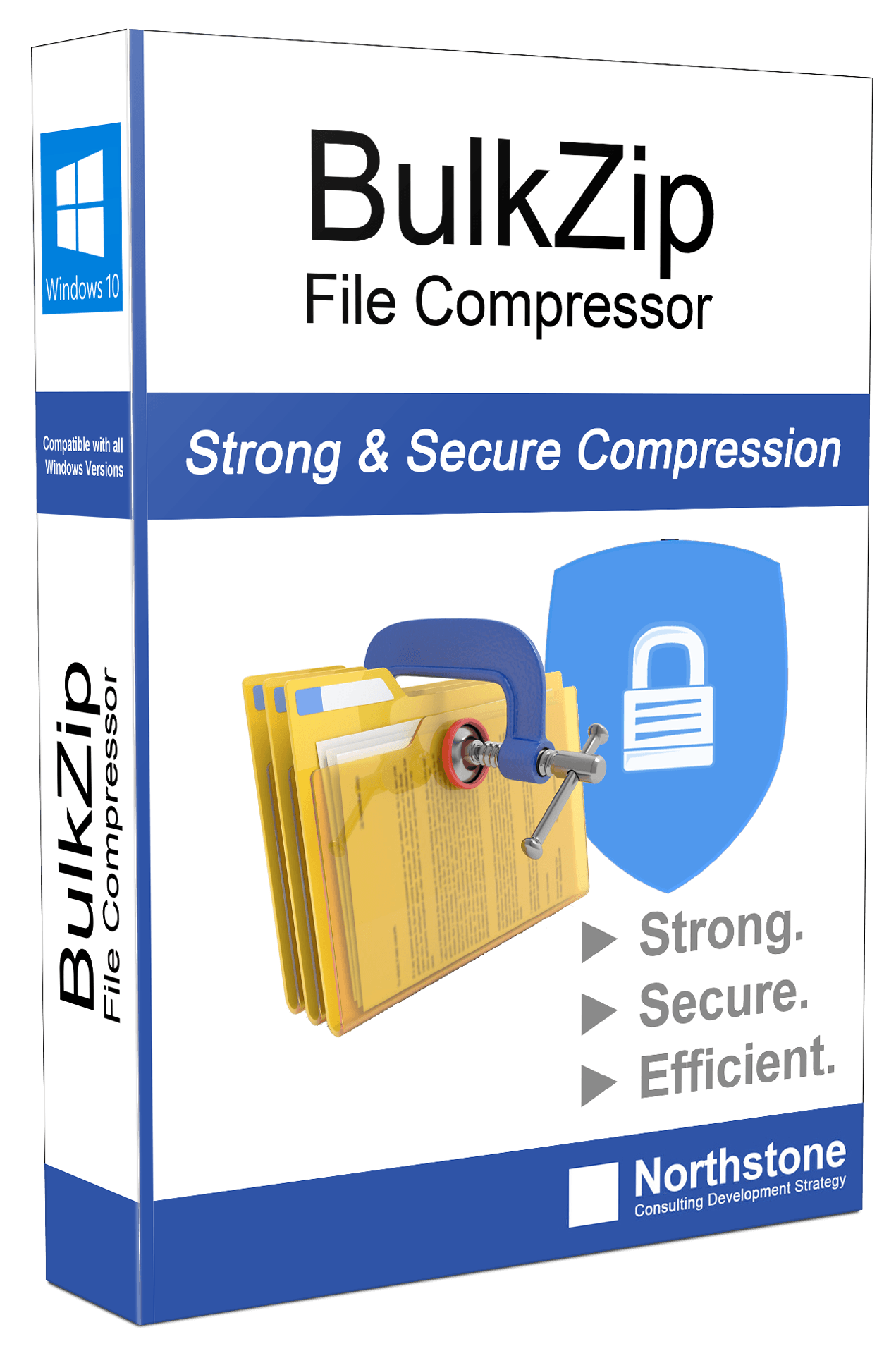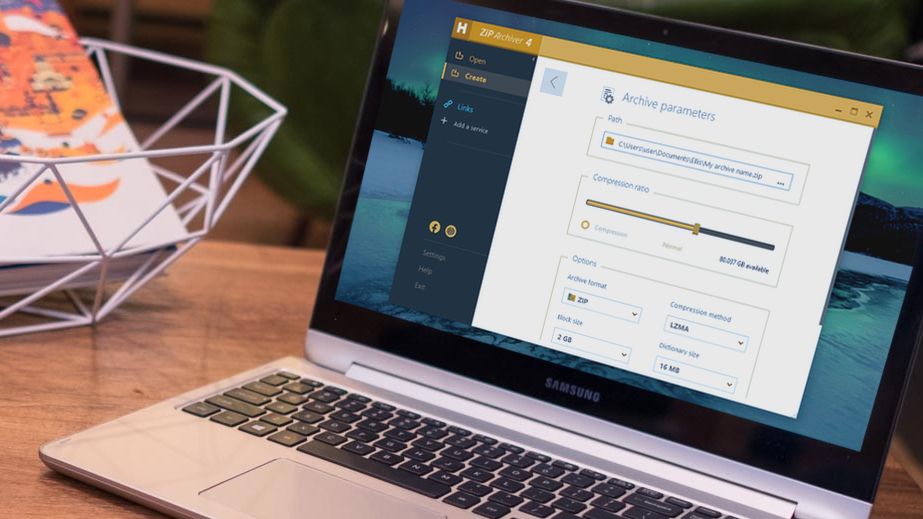

- #File compression pdf
- #File compression .exe
- #File compression code
- #File compression Pc
- #File compression windows
Source: Compact - Compress files - Windows CMD - SS64. Never - Uncompress all OS binaries and set the system state to compact which remains unless an administrator changes it. CompactOs Set or query the systems compression state.Īlways - Compress all OS binaries and set the system state to non-compact.
#File compression .exe
It supports different algorithms for exe files only: /EXE Use compression optimised for executable files which are read frequently and not modified, There's another compress algorithm using command line promptĬompact.exe /compactos:always", what's the difference between the two?Ĭompact displays or alters the compression of files on NTFS partitions.Īlways Will compress all OS binaries and set the system state to non-compact. When you read the file (for example to calculate the file hash) it is transparently decompressed on the fly. File compression is the process of making computer files take up less space on your computer by reducing the size of the file.
#File compression code
Source: FSCTL_SET_COMPRESSION control code As a result, the LZNT1 compression algorithm is used as the DEFAULT compression method. The LZNT1 compression algorithm is the only compression algorithm implemented. What exactly does NTFS compression do to files?īy default, it transparently compresses them using a variant of Lempel-Ziv compression: Windows is giving me a headache these days :/ So it seems that the file's data remains intact as is (the same hash value probably proves this), but it just compresses and decompresses when reading it from the OS side.Īnother question would be: There's another compress algorithm using the command line prompt, by typing "compact.exe /compactos:always". When I checked the file size in properties, the size didn't change even a byte, but only the "size on disk" changed decreasingly.
#File compression pdf
This software can be used to compress video, picture and PDF files.

#File compression Pc
For example, let’s say I compressed a file named MYDOCUMENT.pdf, and I can just keep it that way, putting it on USB drives or other newly installed PC and just use it as it is just normal file, without manually decompressing it and such? Free Online File Optimizer Supports Many Formats.

Compressing data can save storage capacity, speed up file transfer. How can this be real? If the input changes, the hash output must change (except in case of collision which is pretty rare and is off topic). Data compression is a reduction in the number of bits needed to represent data. But it seems like it has different use case than that.Īnd what's most interesting is the file is compressed, but the file's hash output remained the same (short experiment using a third-party hash calculator). A simple way to do this is just go to properties and check "compress contents to save disk space" and you're all set.įirstly heard of it I thought it was just like WinZip compressing files to reduce size or combine all files in one zipped file. Unzip (expand) a compressed item: Double-click the. You can even compress a video directly on your iPhone.Until not so long ago, I've not even known that you could compress specific folders, files or even entire drives using windows' builtin compression. If you compress multiple items at once, the compressed file is called Archive.zip. The quality of the MP3 converted from the FLAC will be as good as if you'd created a compressed MP3 right from the original CD. This gives you an audio file that's still perfectly listenable, but doesn't take up as much space on your mobile device. Sometimes it is useful to store a group of files in one file so that they can be backed up, easily transferred to another. You can compress video to a desired file size or a quality level. You probably don't care about your music being in perfect quality for this, so you can convert the FLAC files to MP3. A fast online video compressor to reduce video file size. Later, perhaps you want to put some music on your phone or an old MP3 player so you can listen on-the-go. This lets you have a master copy on your computer that's as good as the original CD. When you rip your CDs, it makes sense to use a format like FLAC, which is lossless. Say that you've just dug up your old CD collection and want to digitize it so you have all your music on your computer. Let's look at another example to see how they can work in harmony. In general, you should use lossless compression when you want a perfect copy of the source material, and lossy compression when an imperfect copy is good enough. As it turns out, there is no "better" form of compression-it all depends on what you're using the files for. Now that we've looked at both forms of file compression, you might wonder when you should use one or the other.


 0 kommentar(er)
0 kommentar(er)
